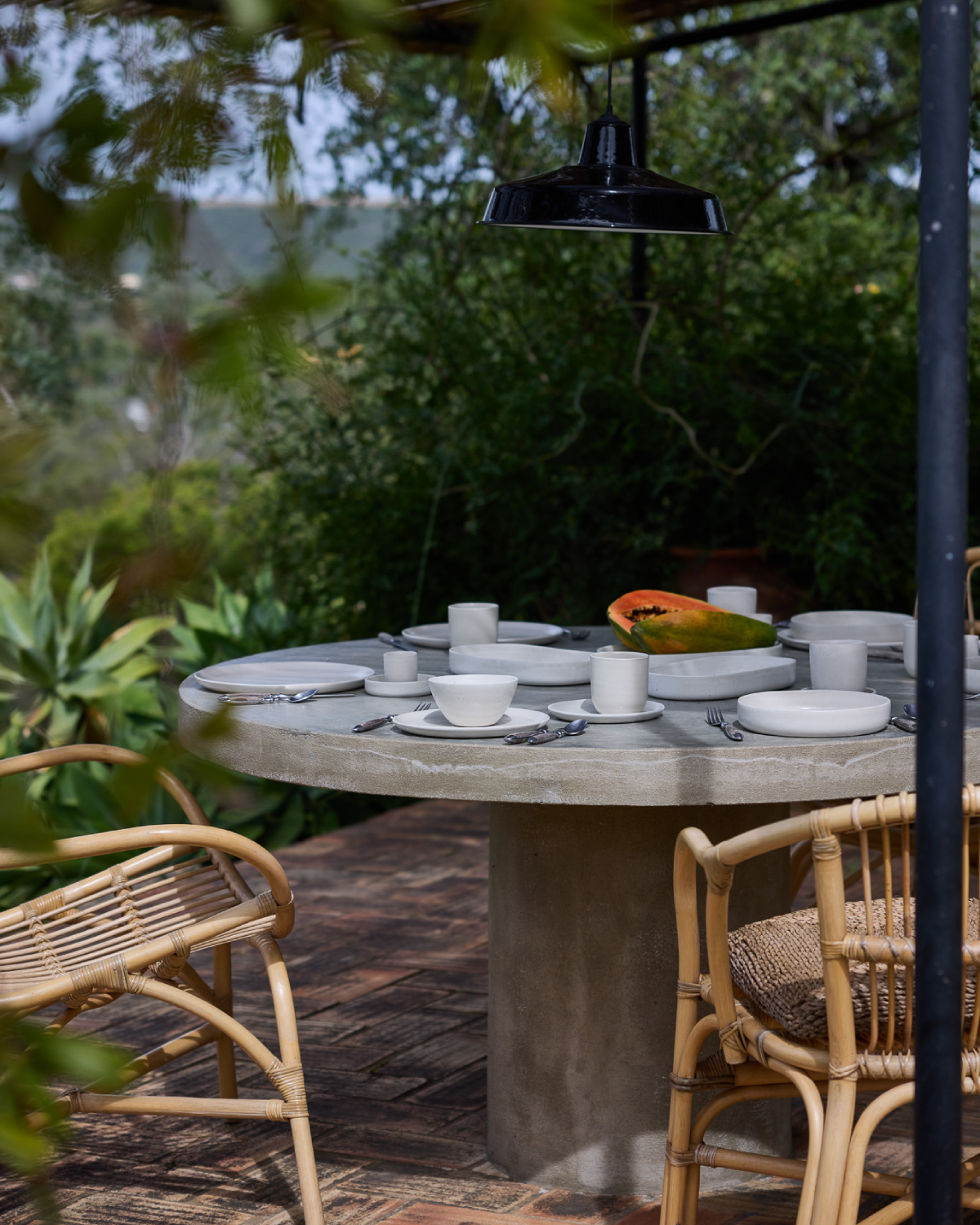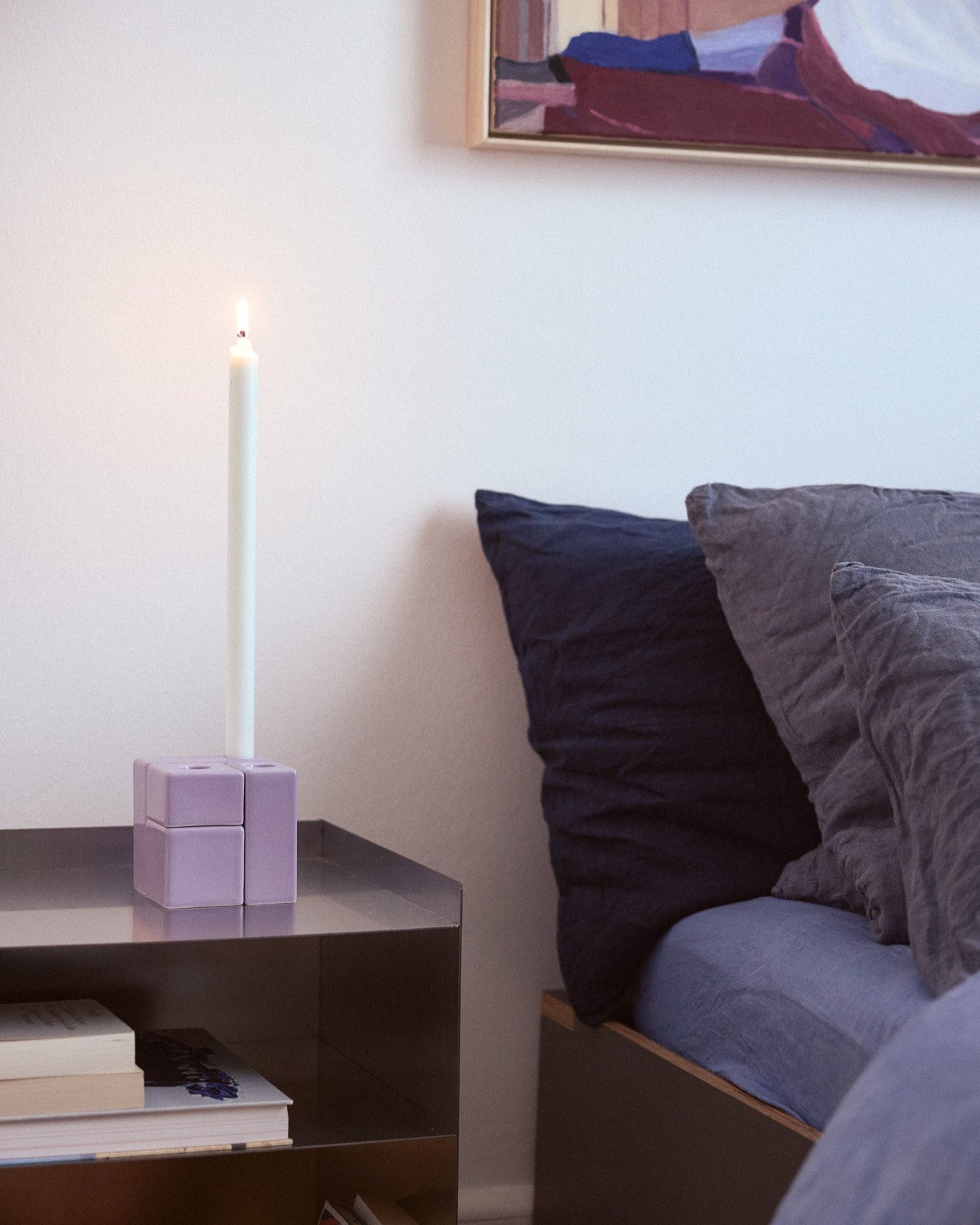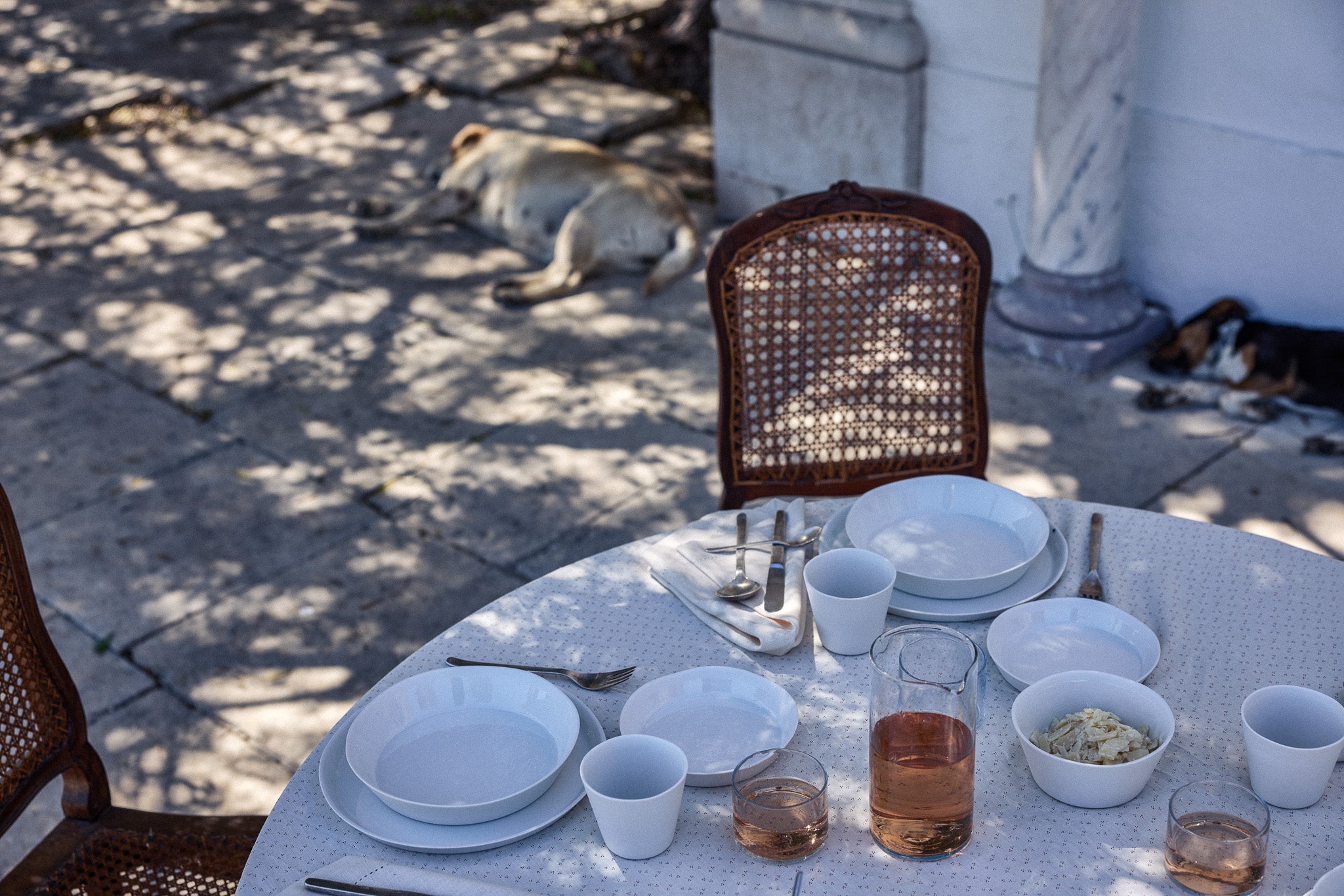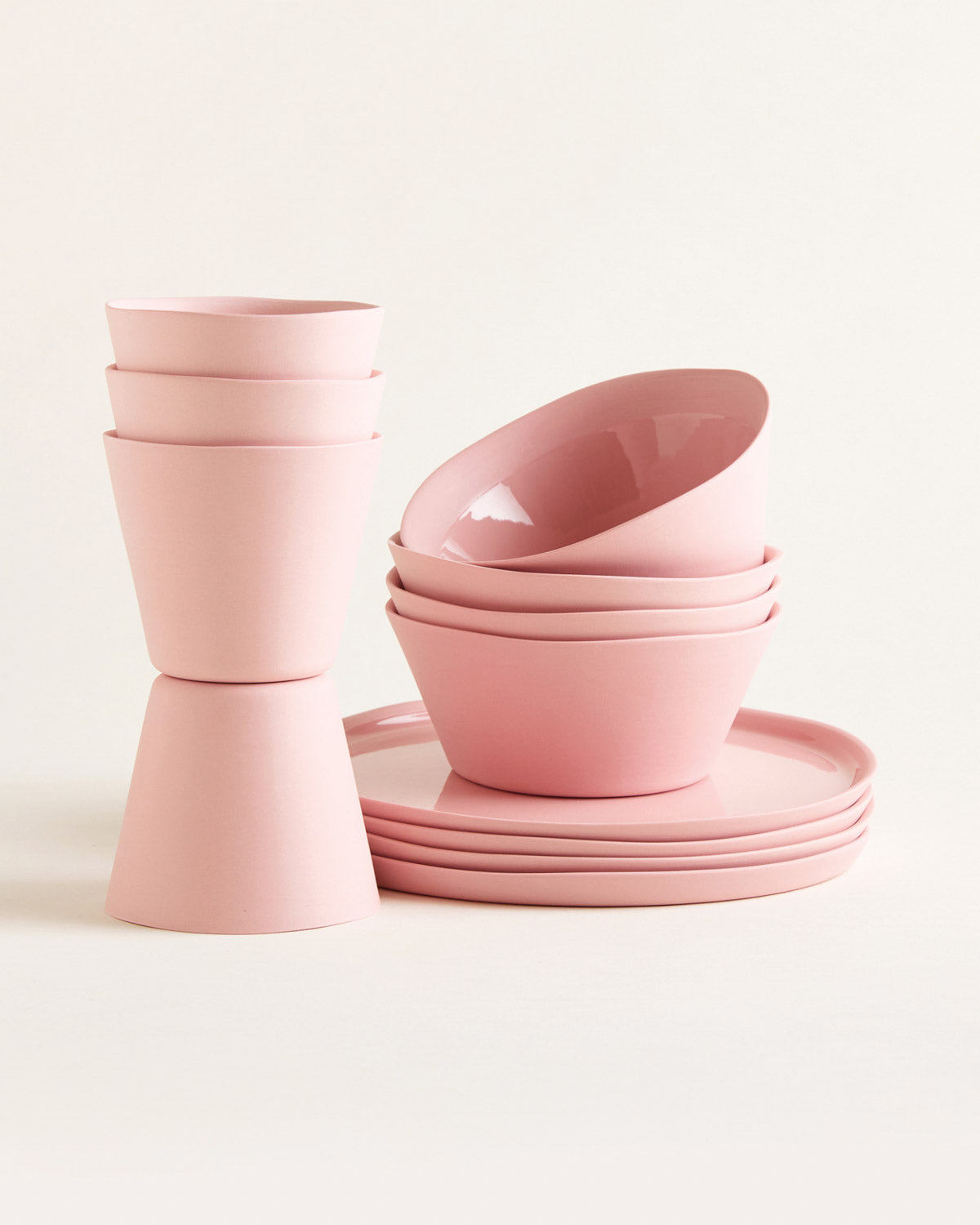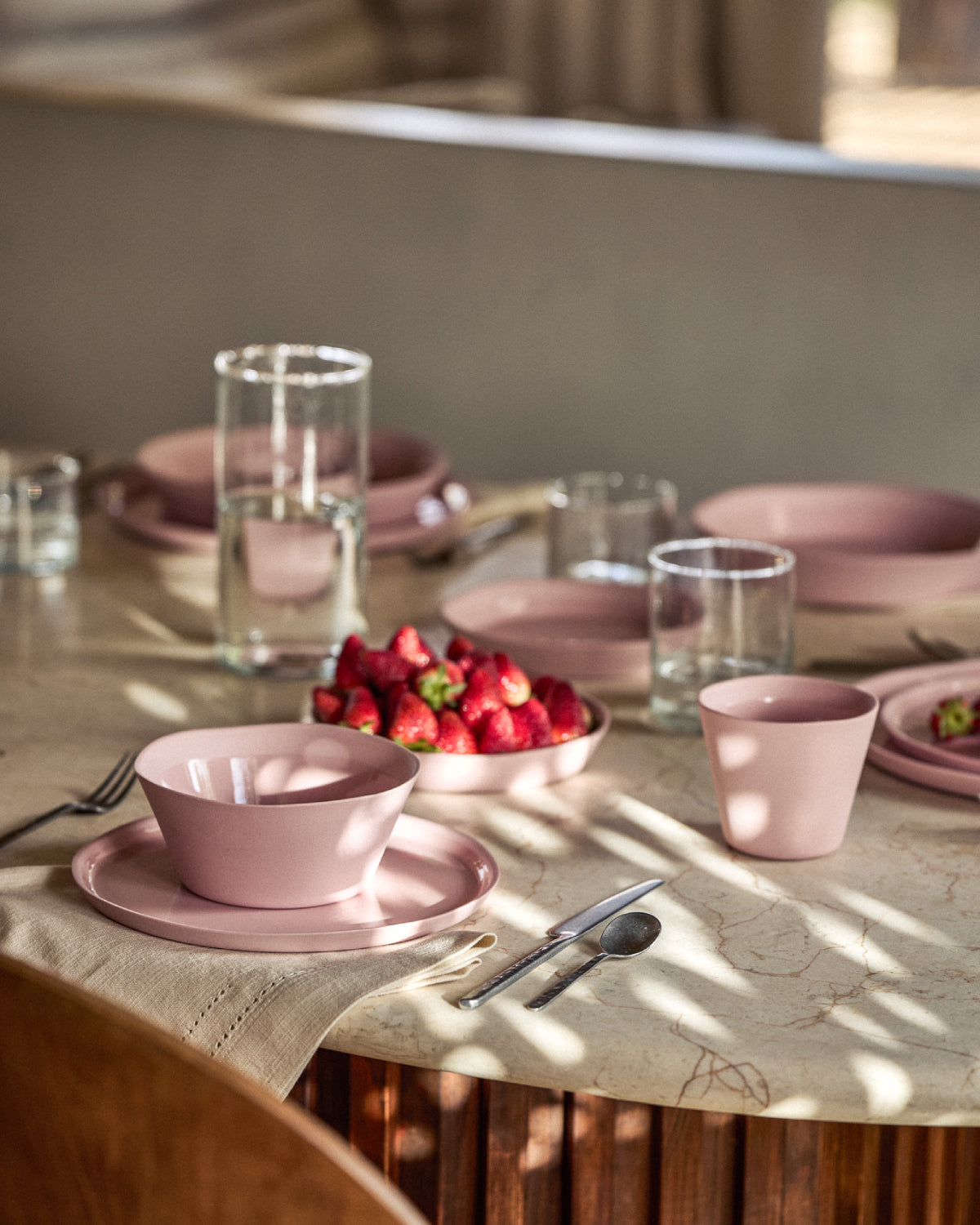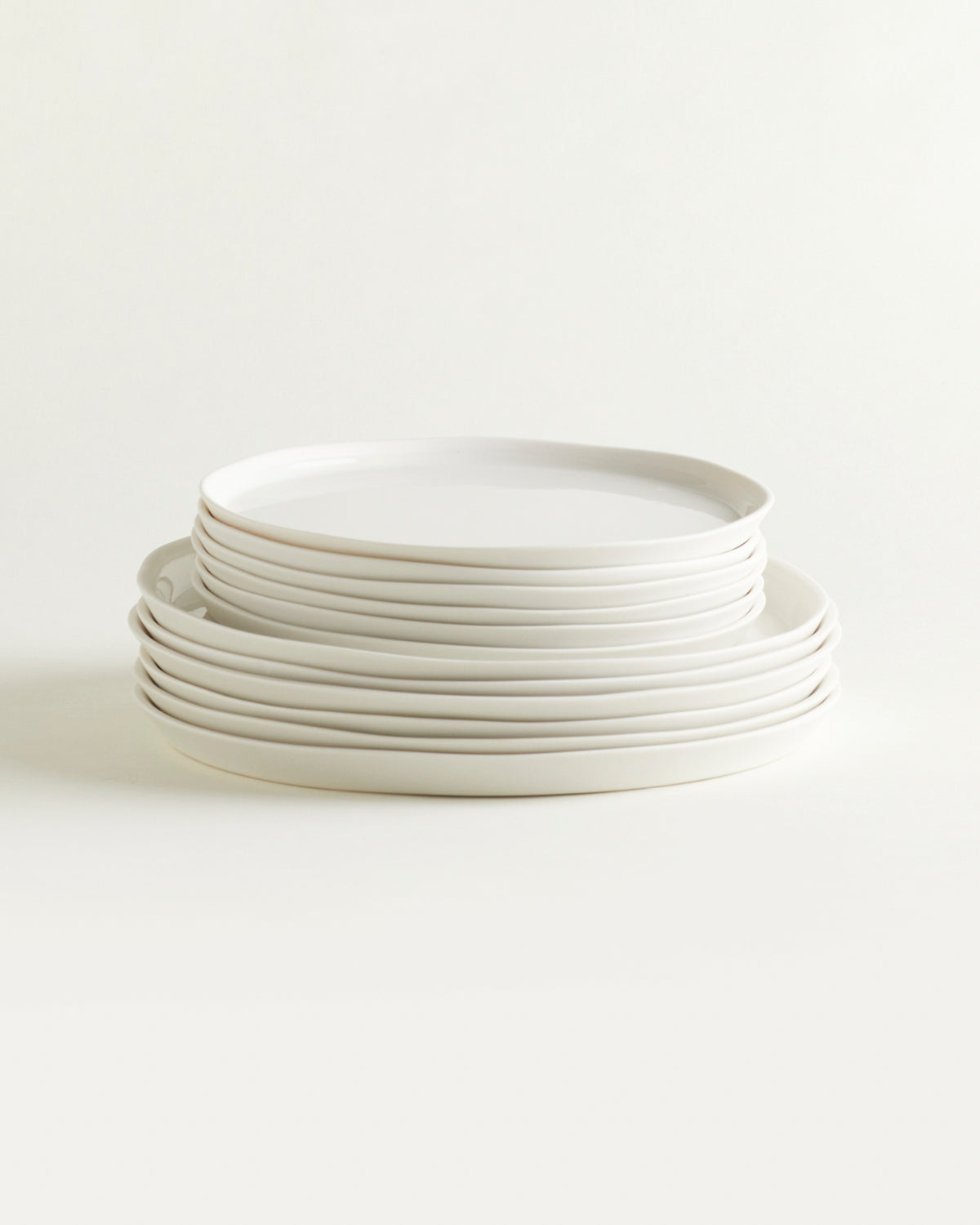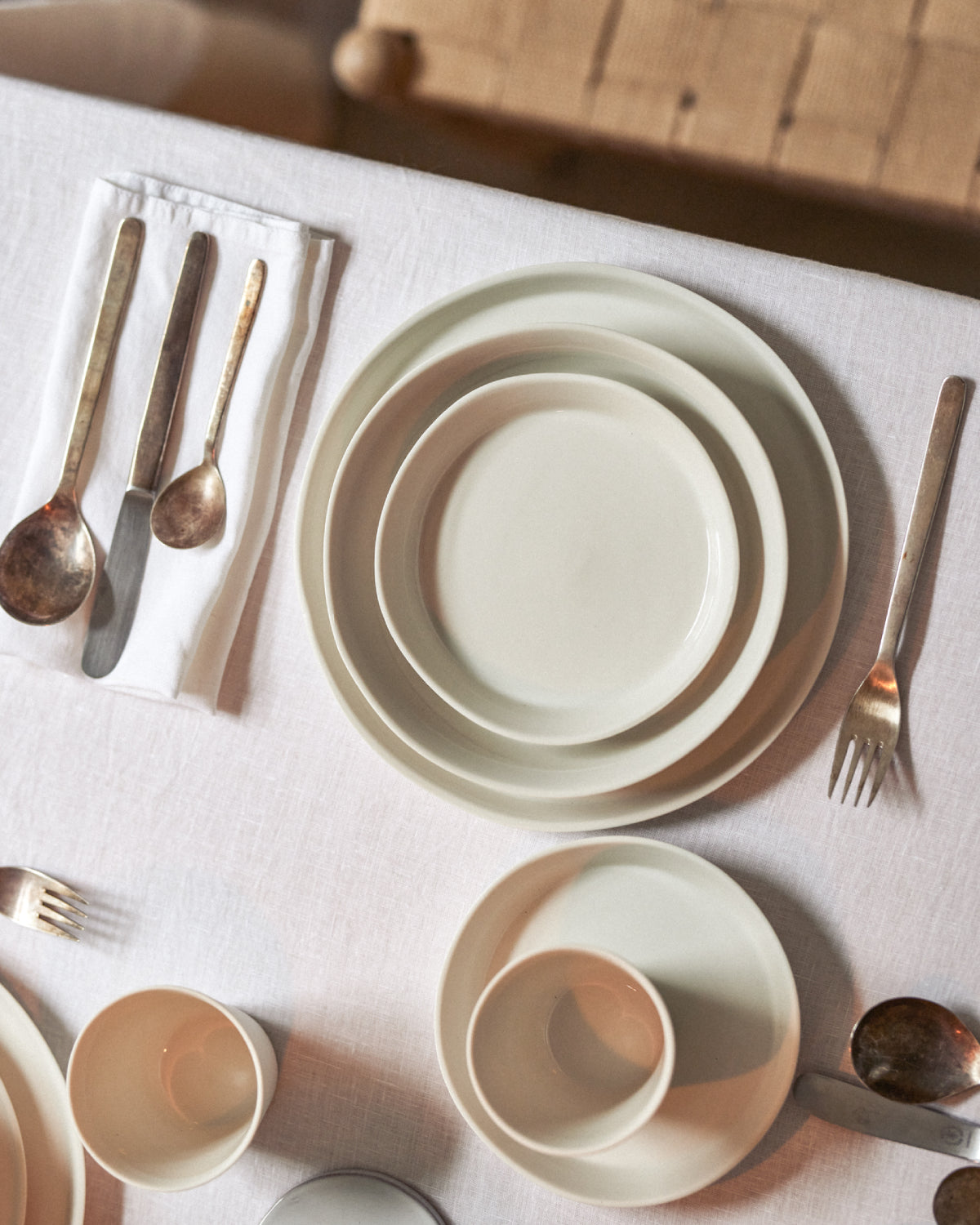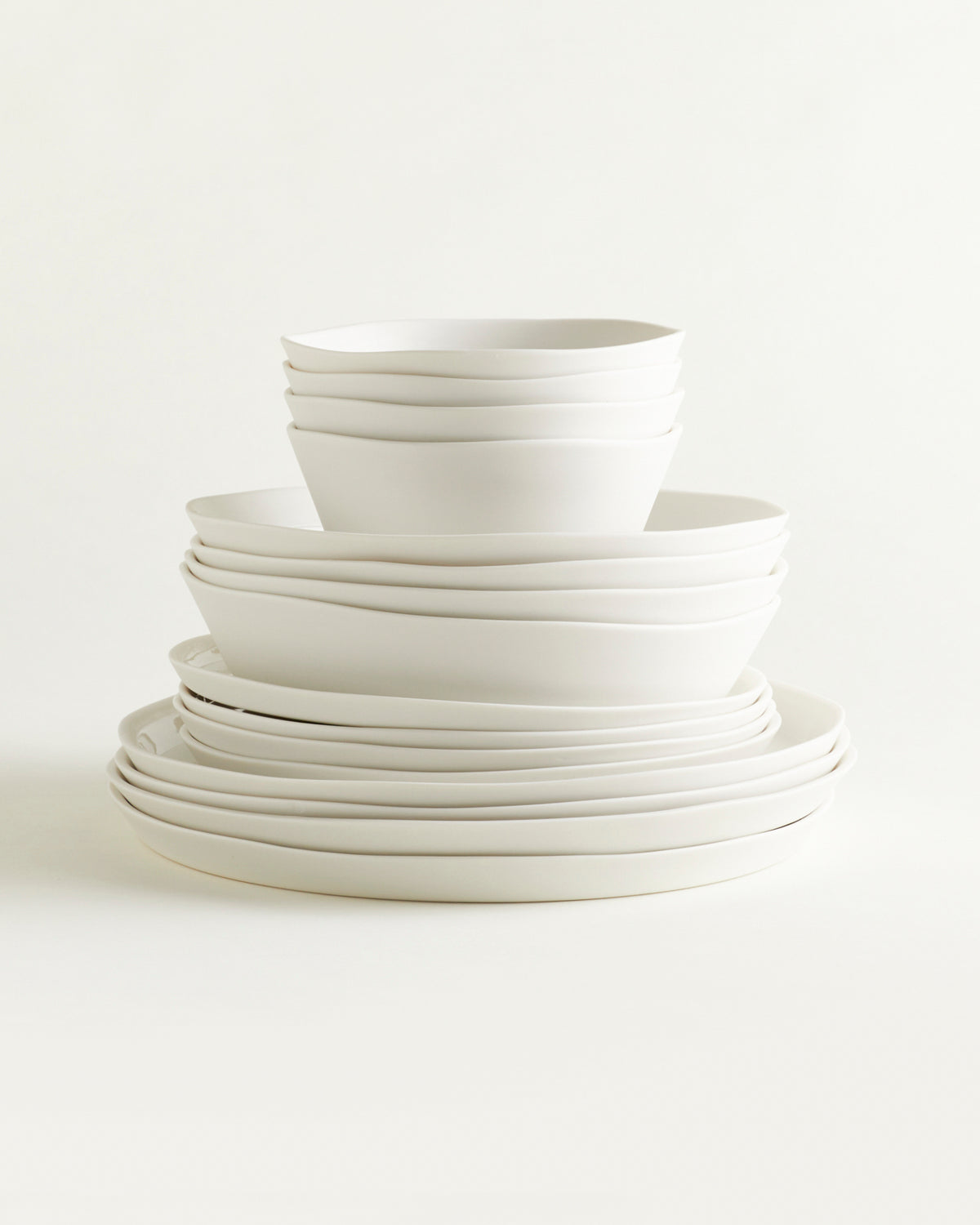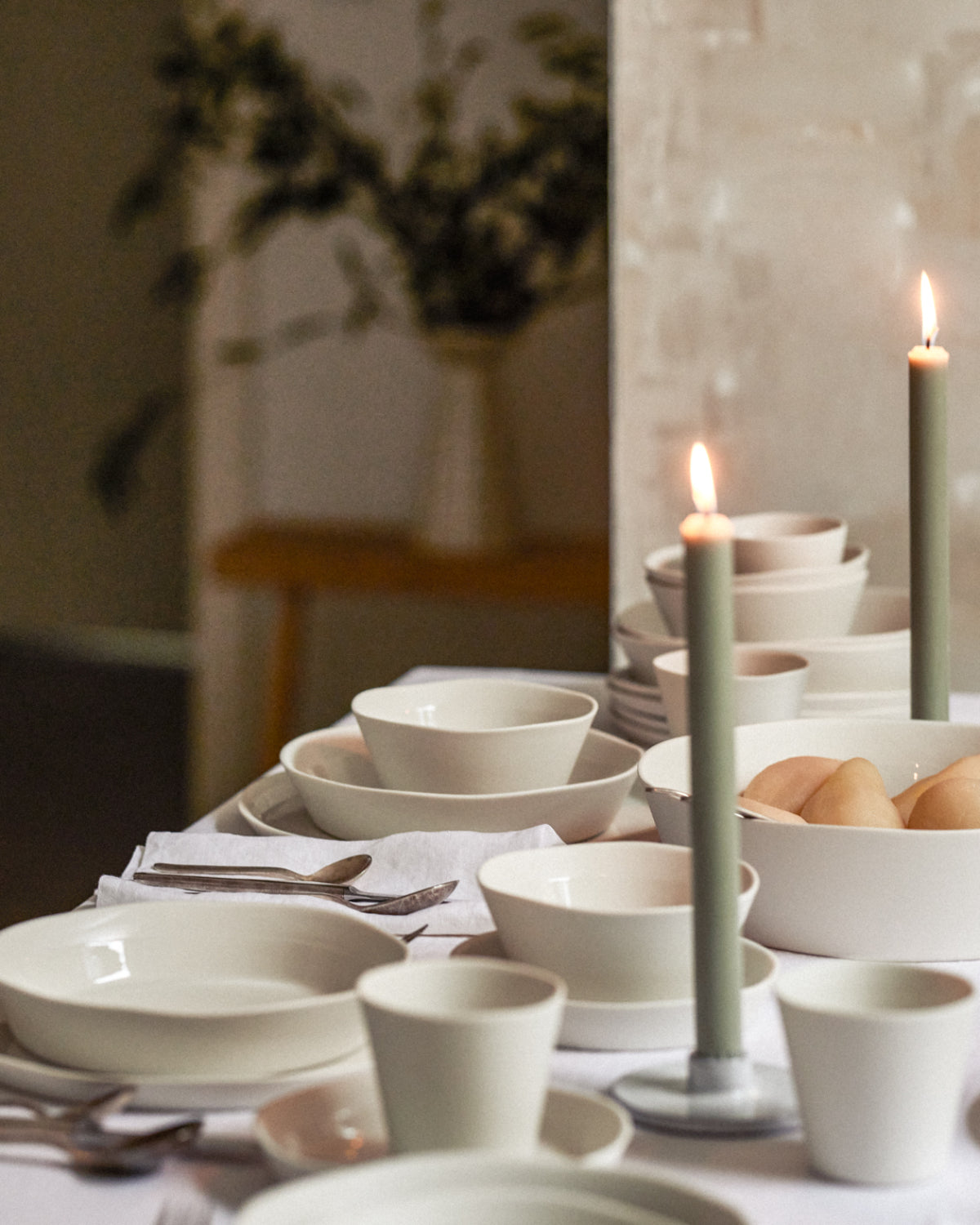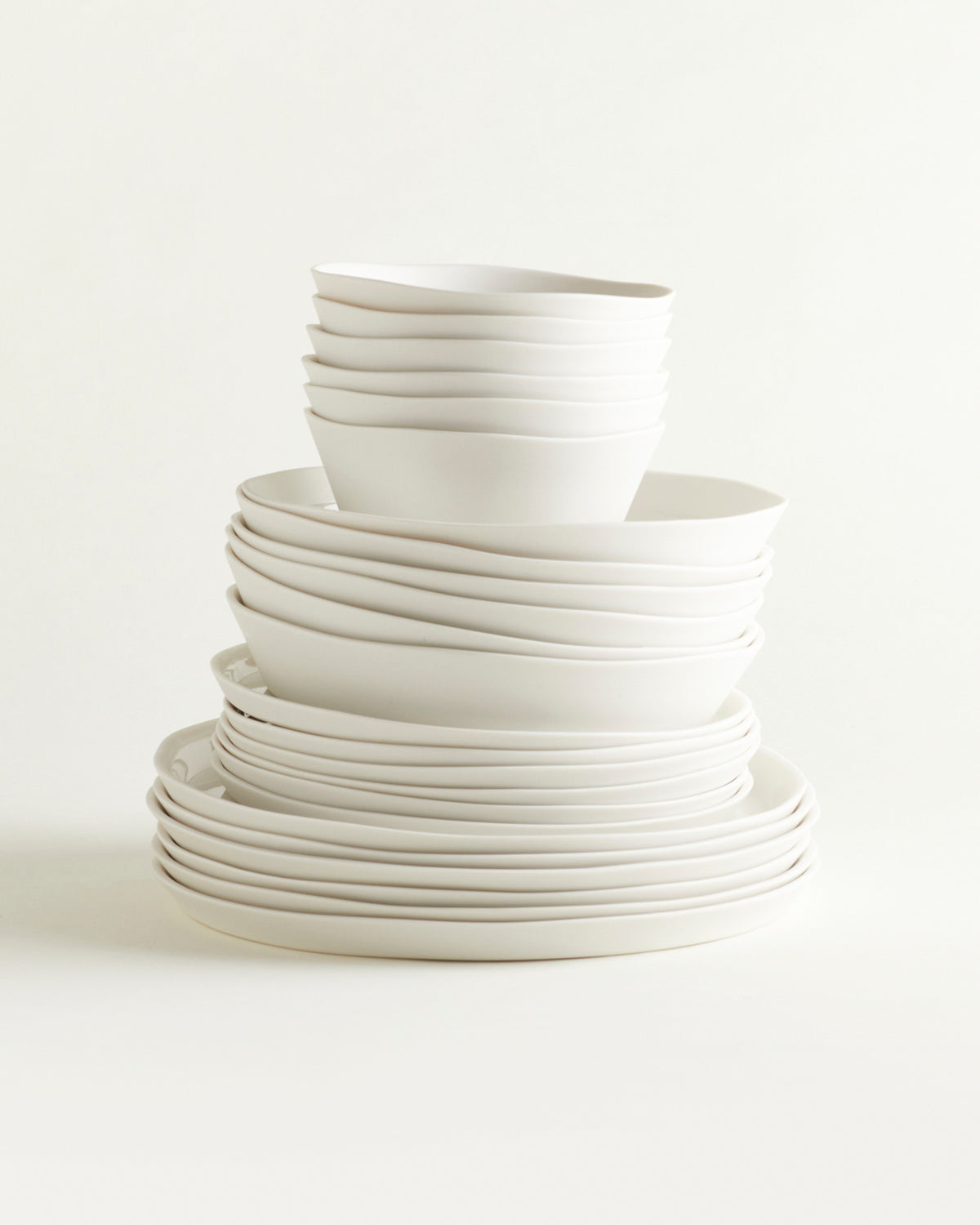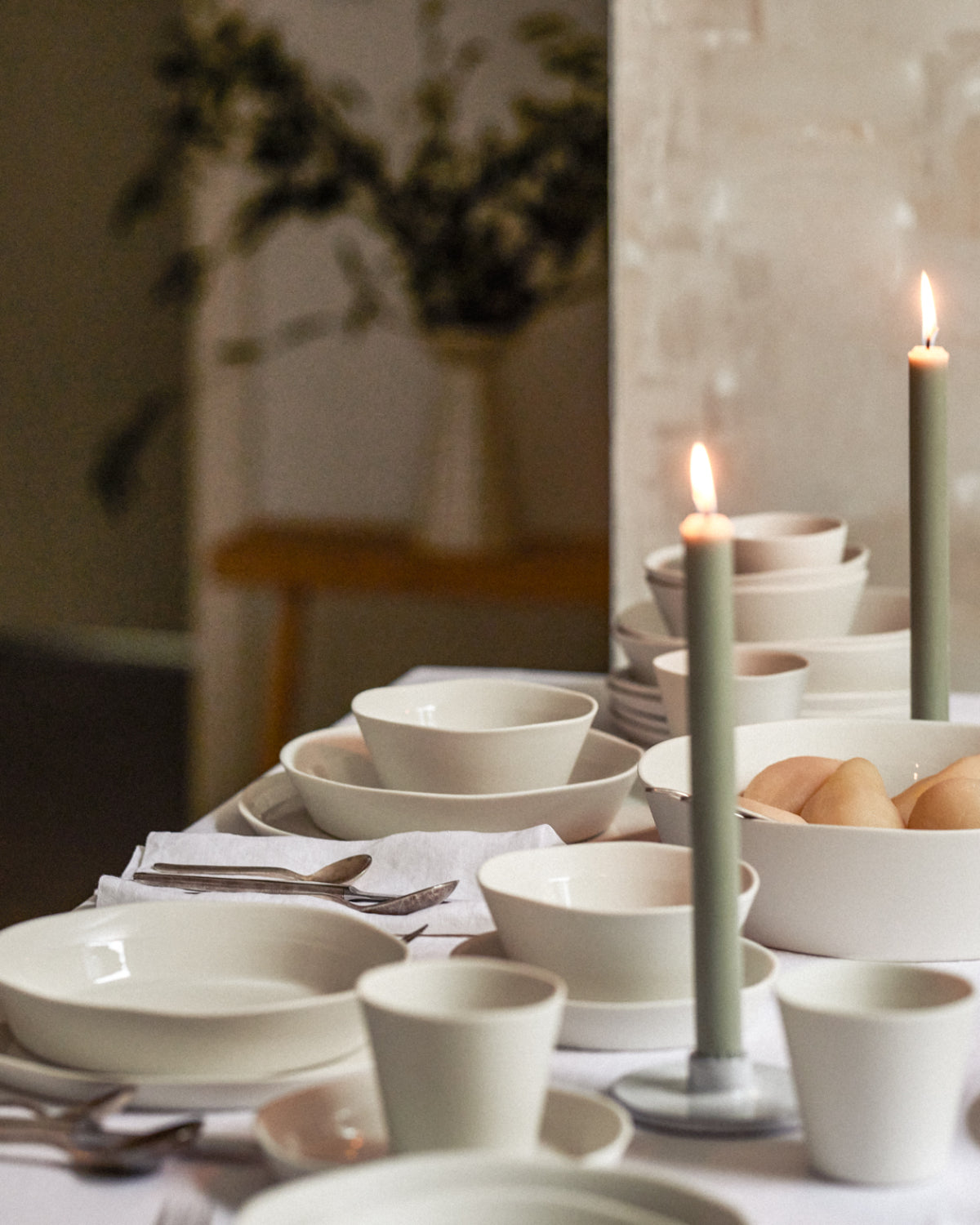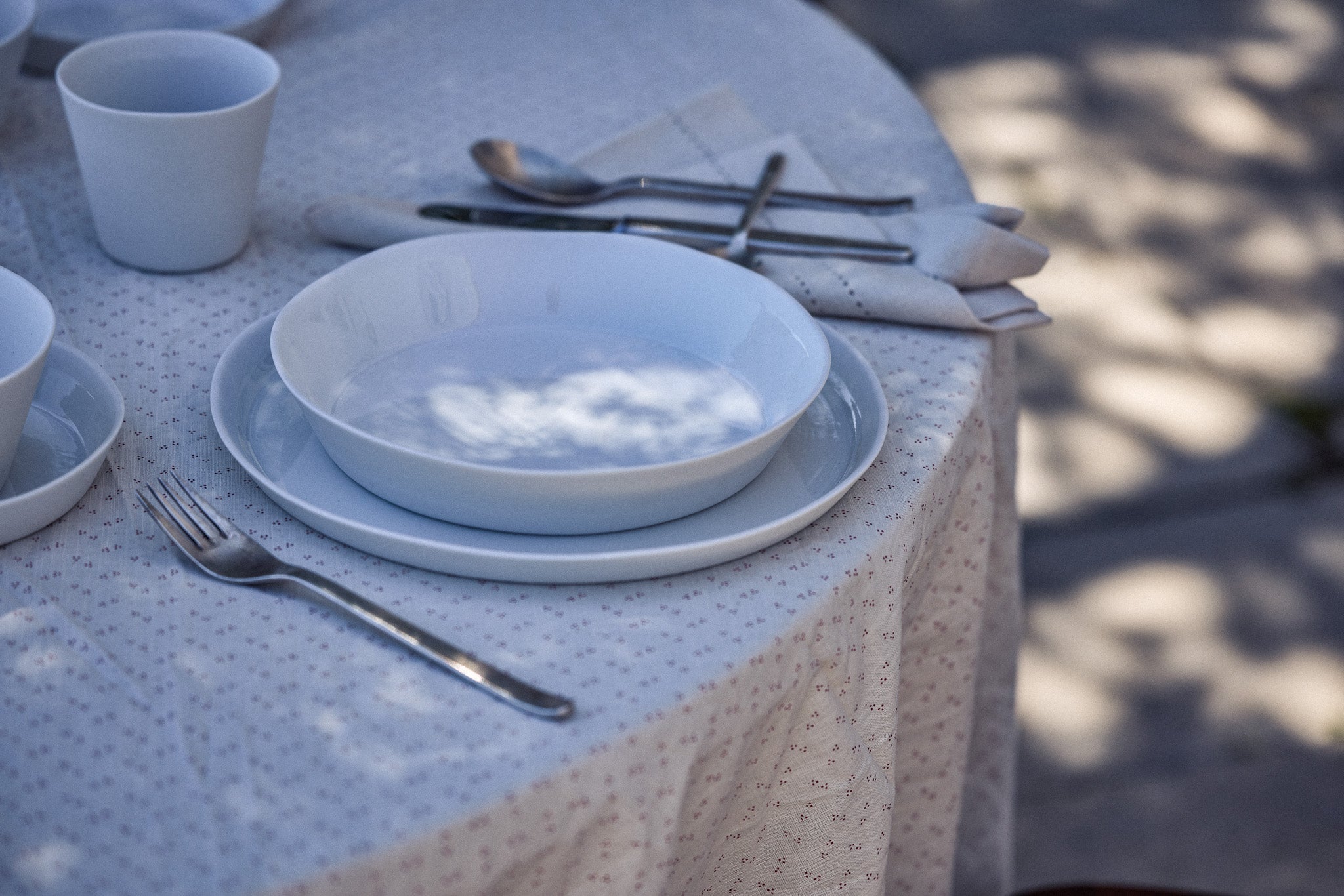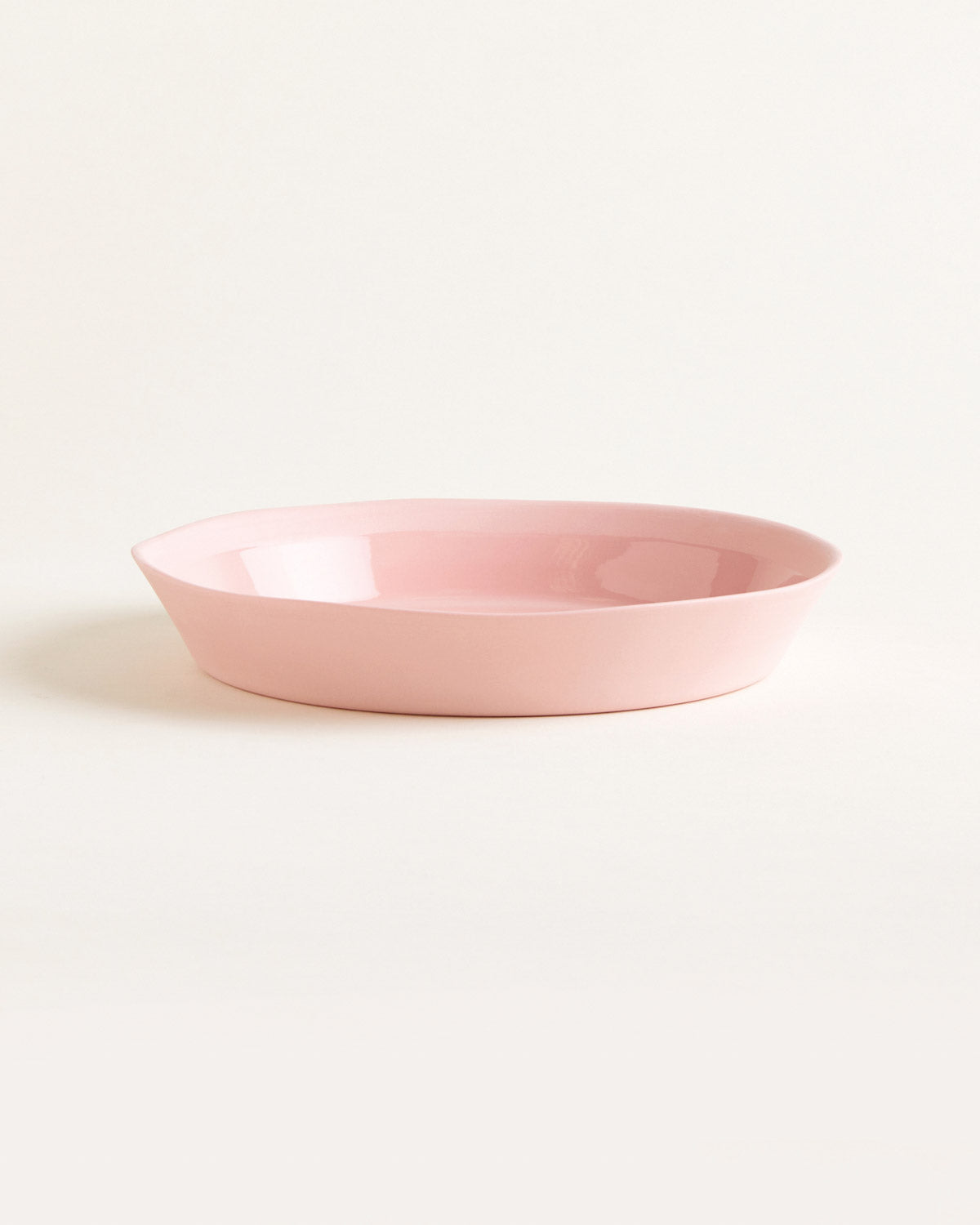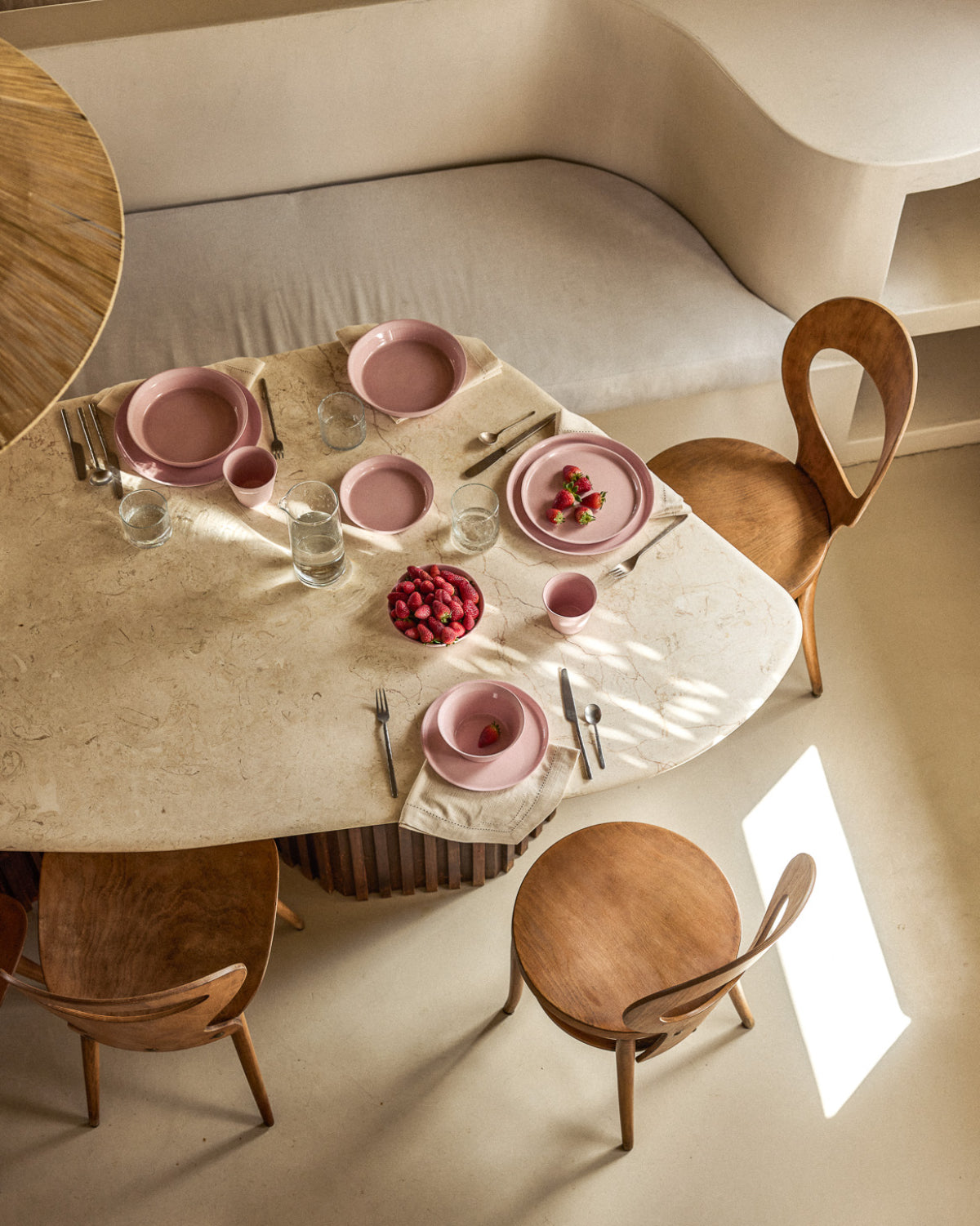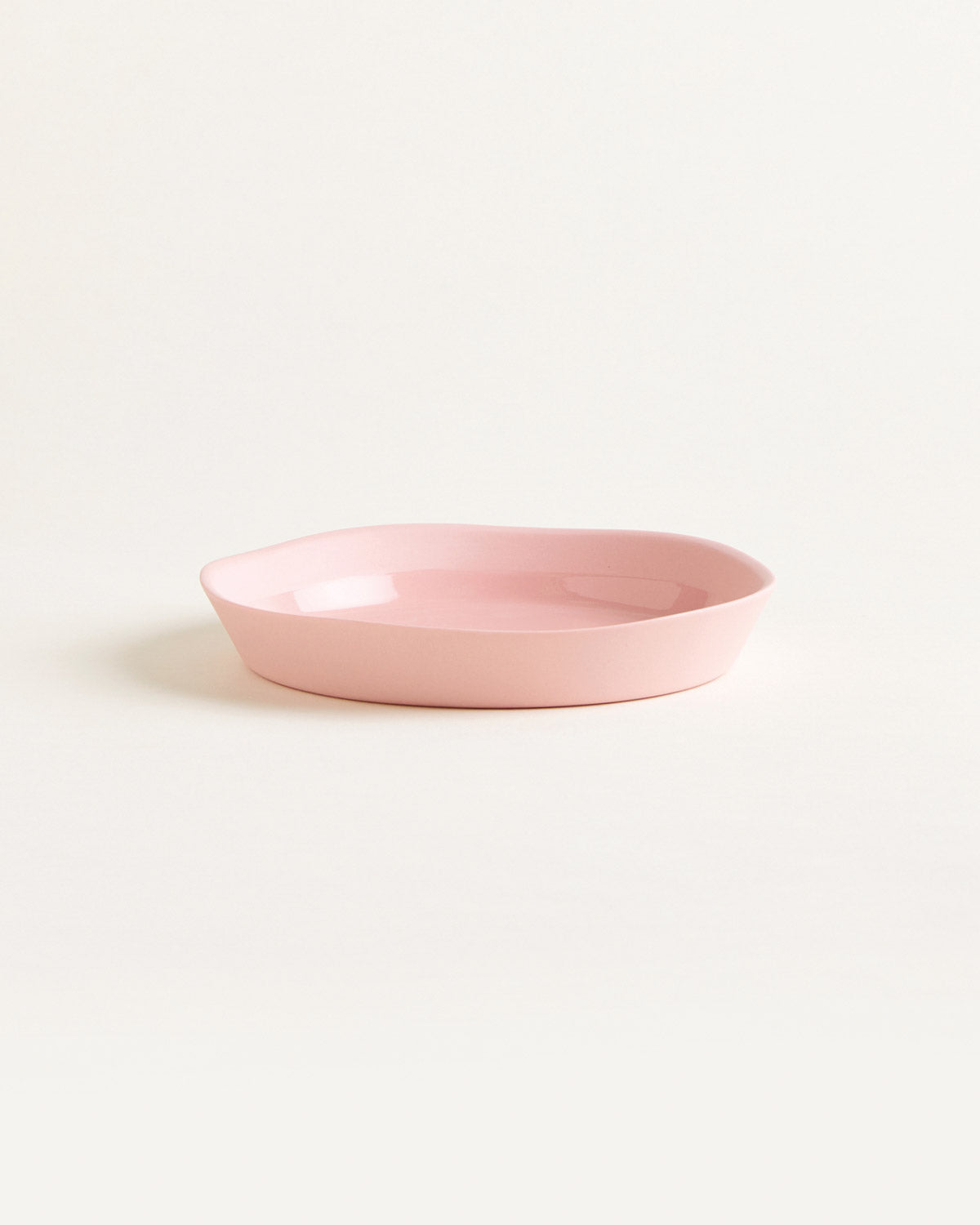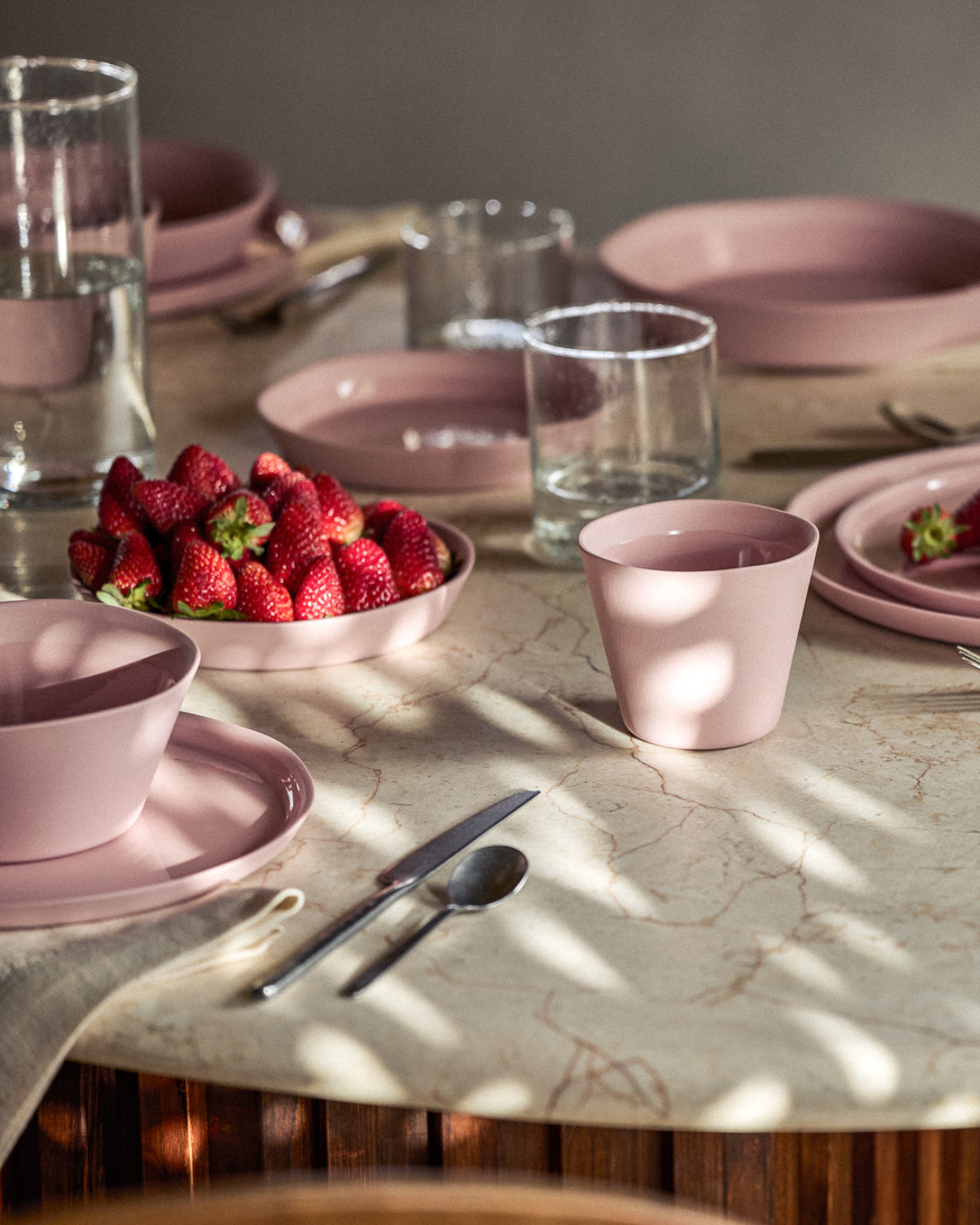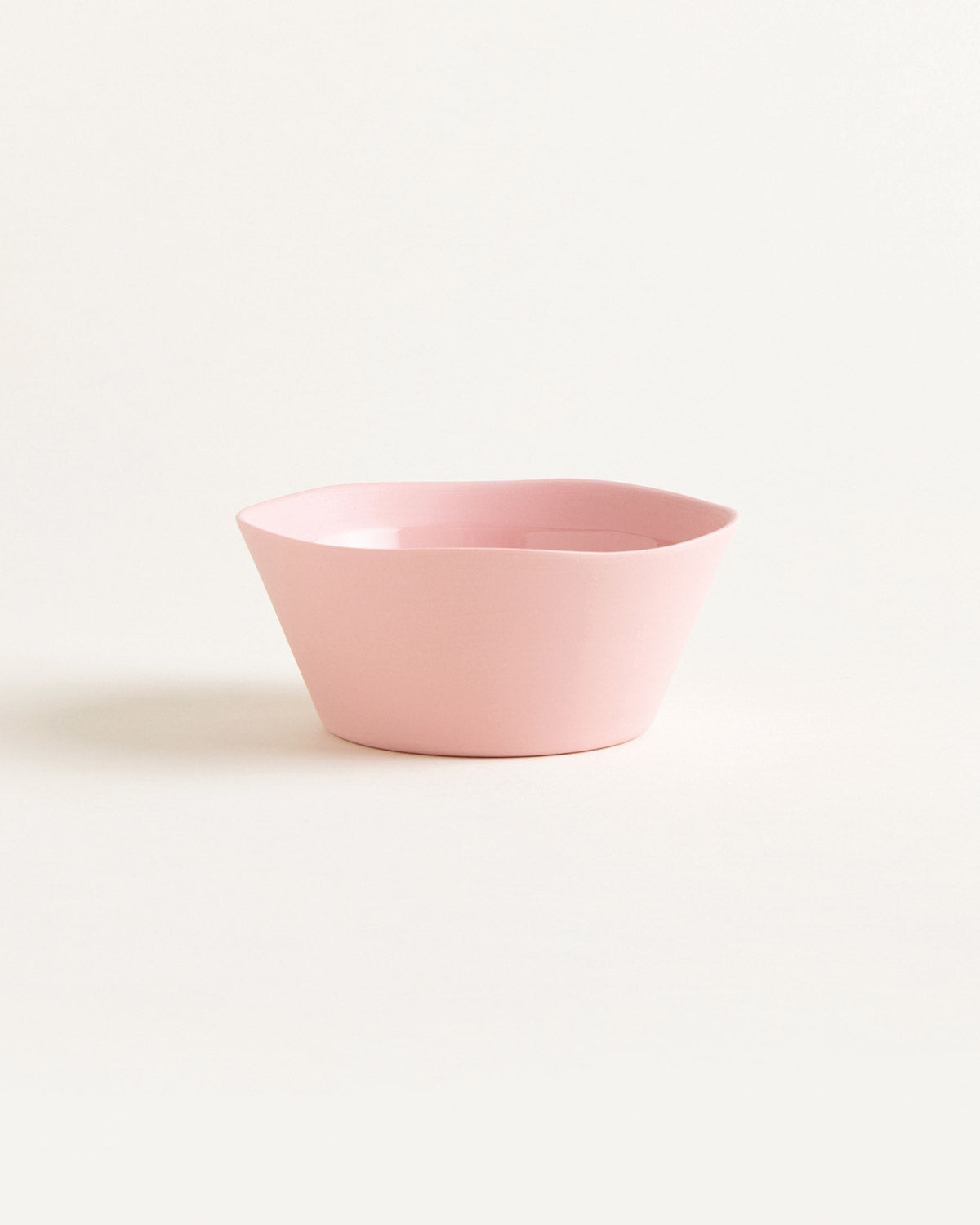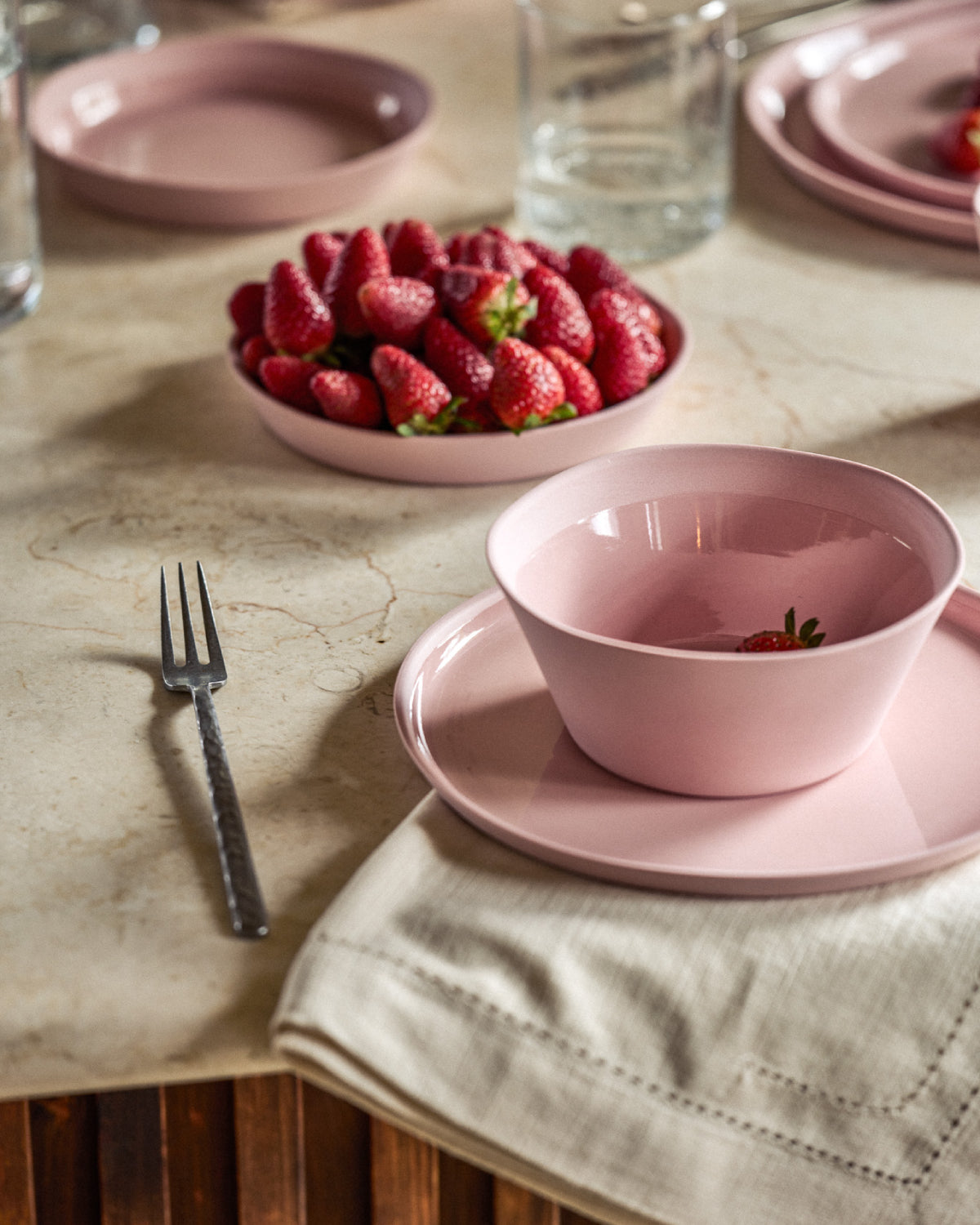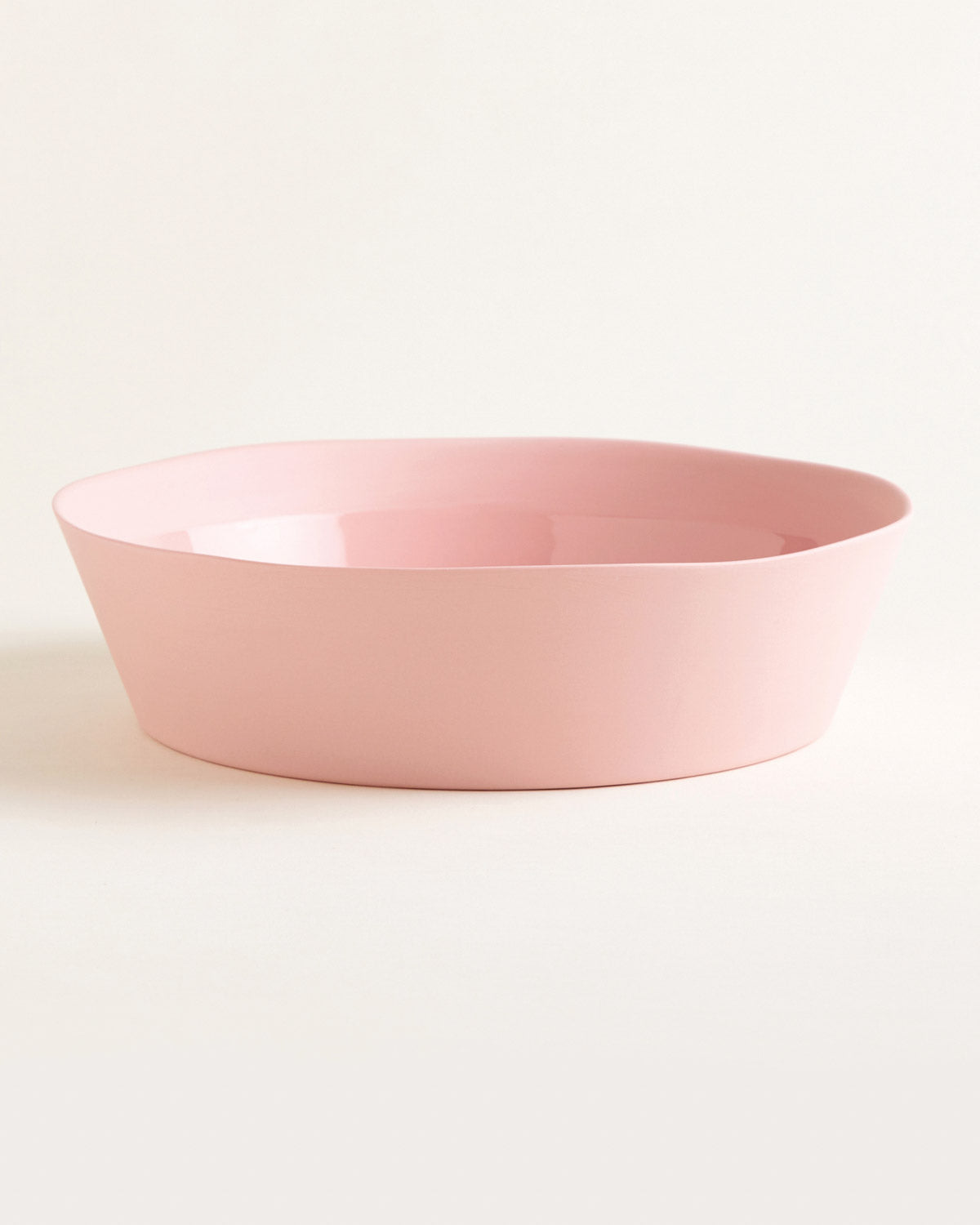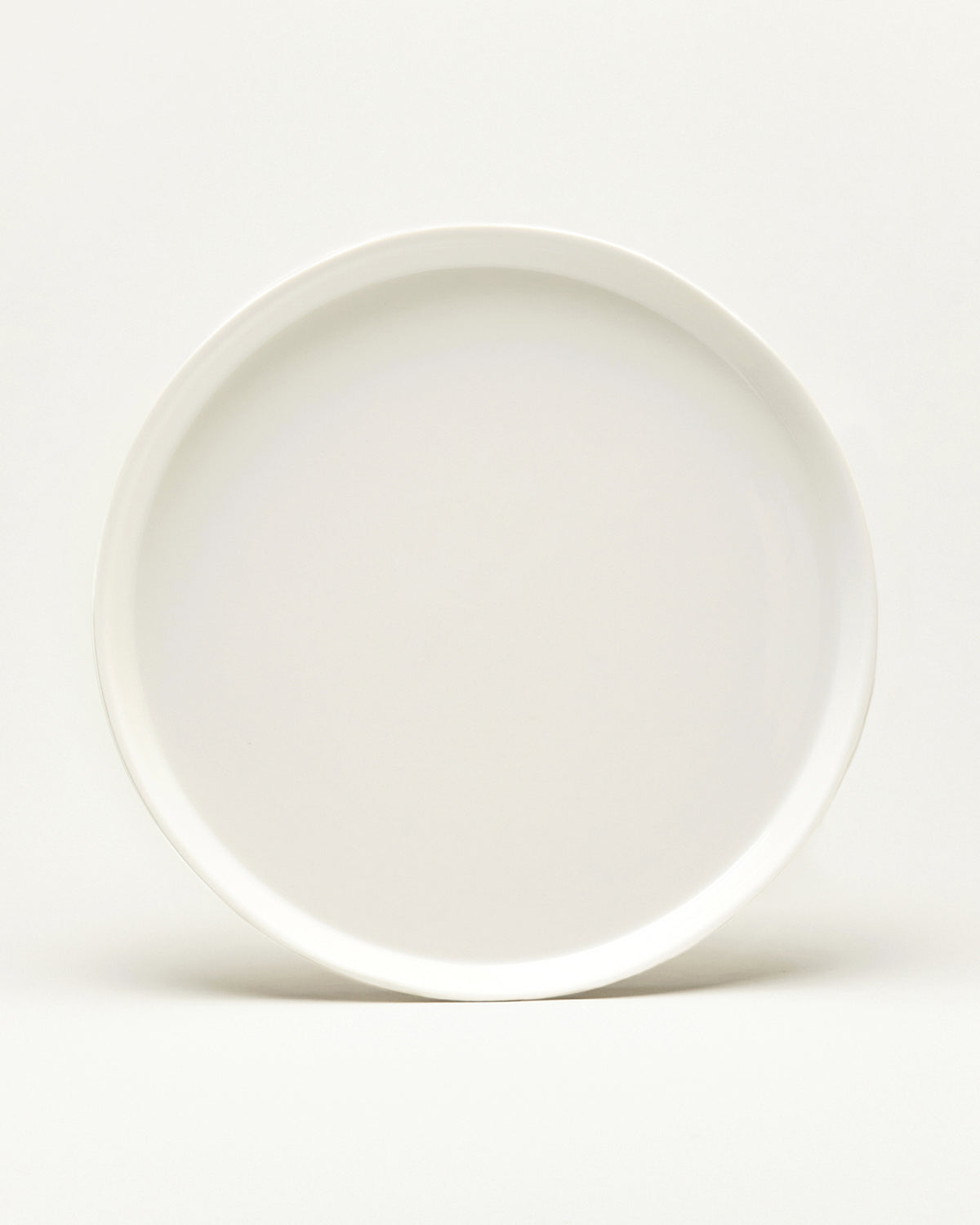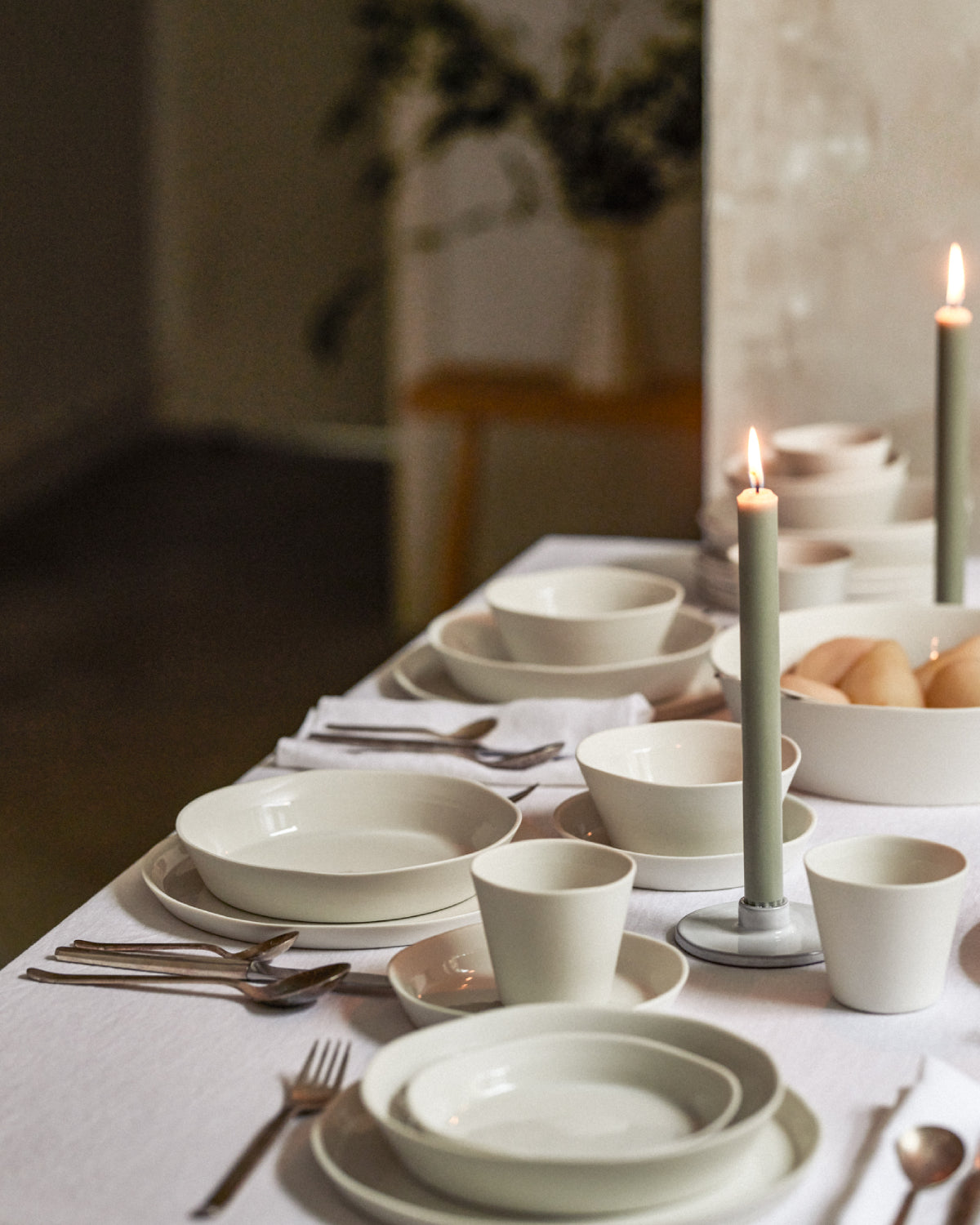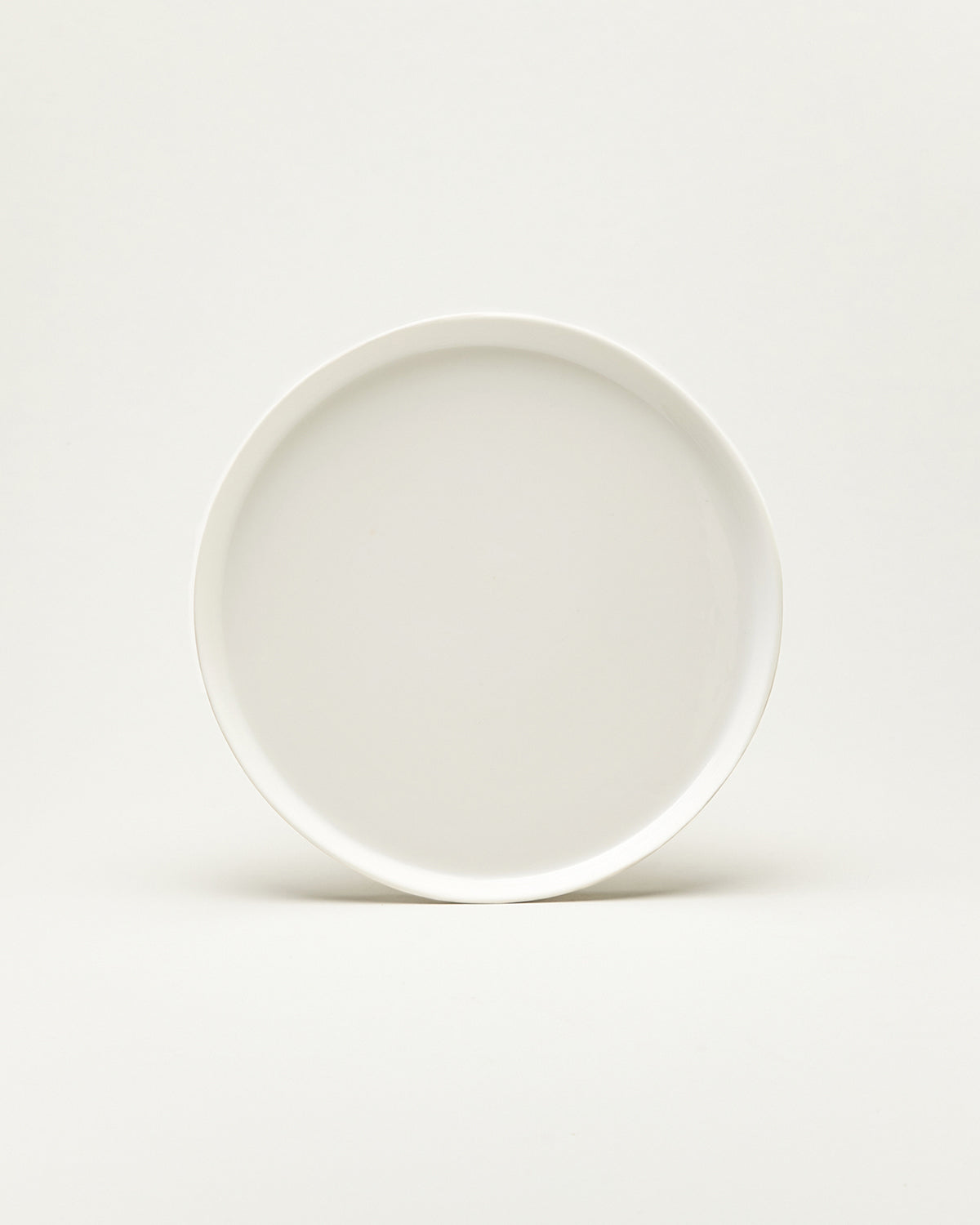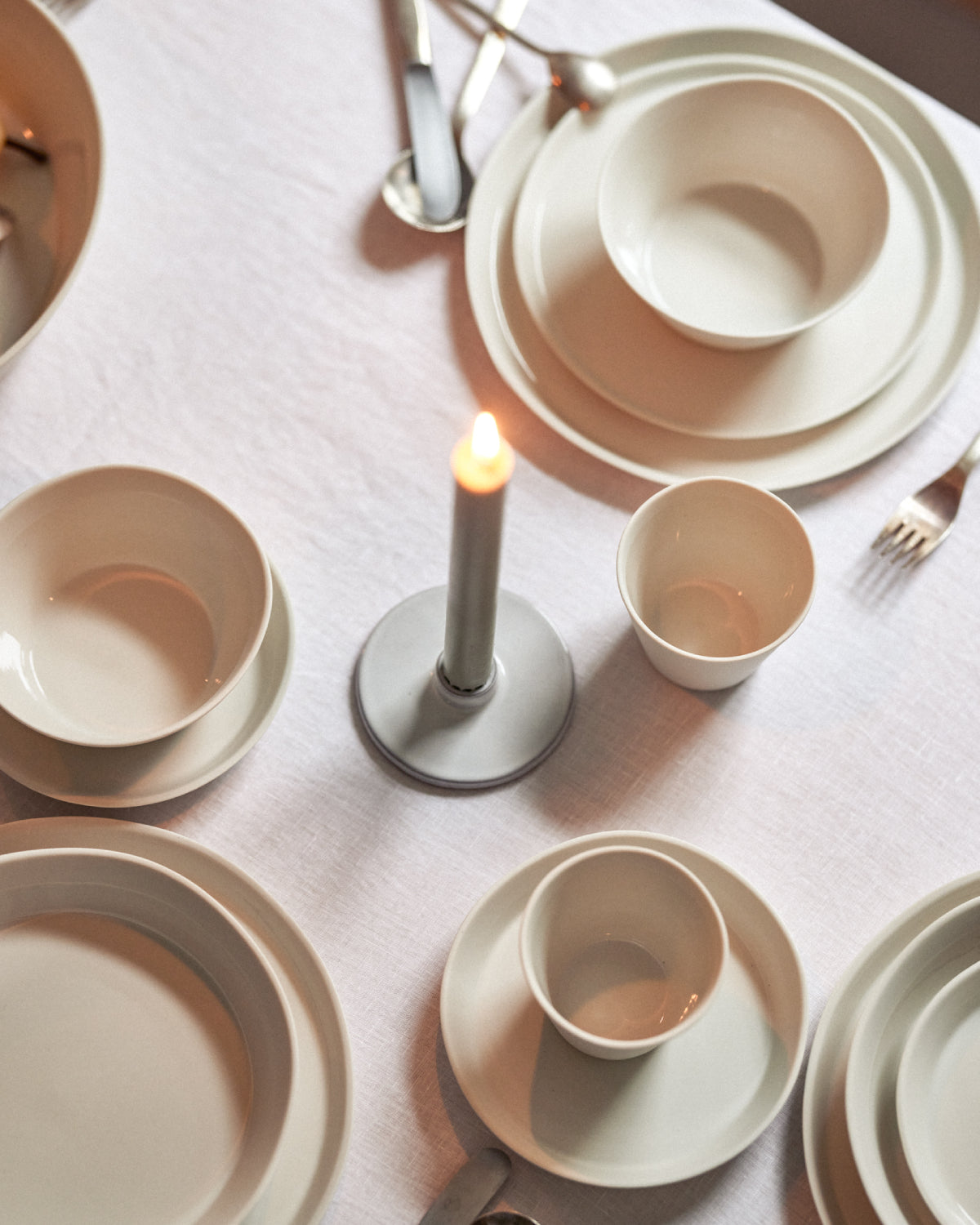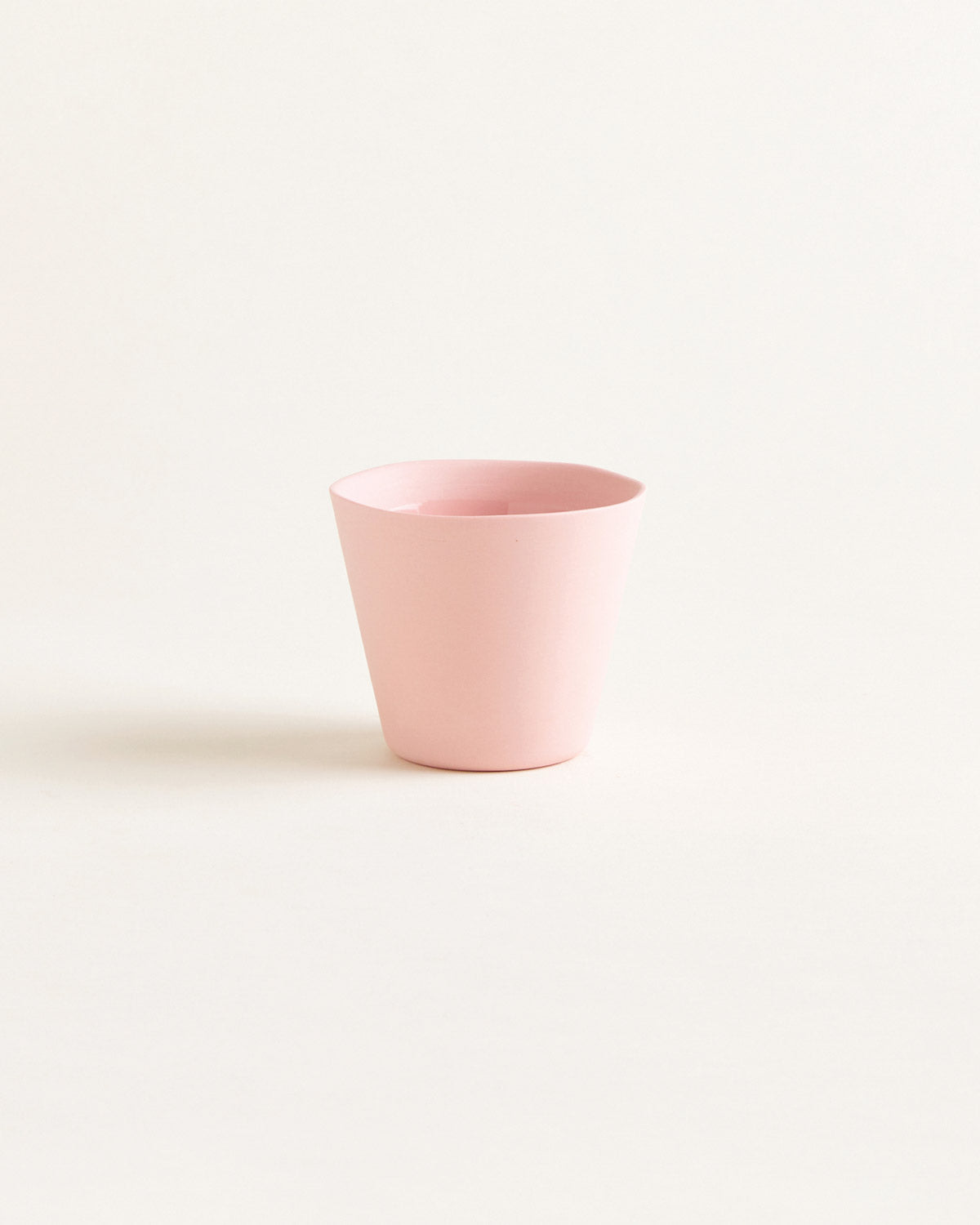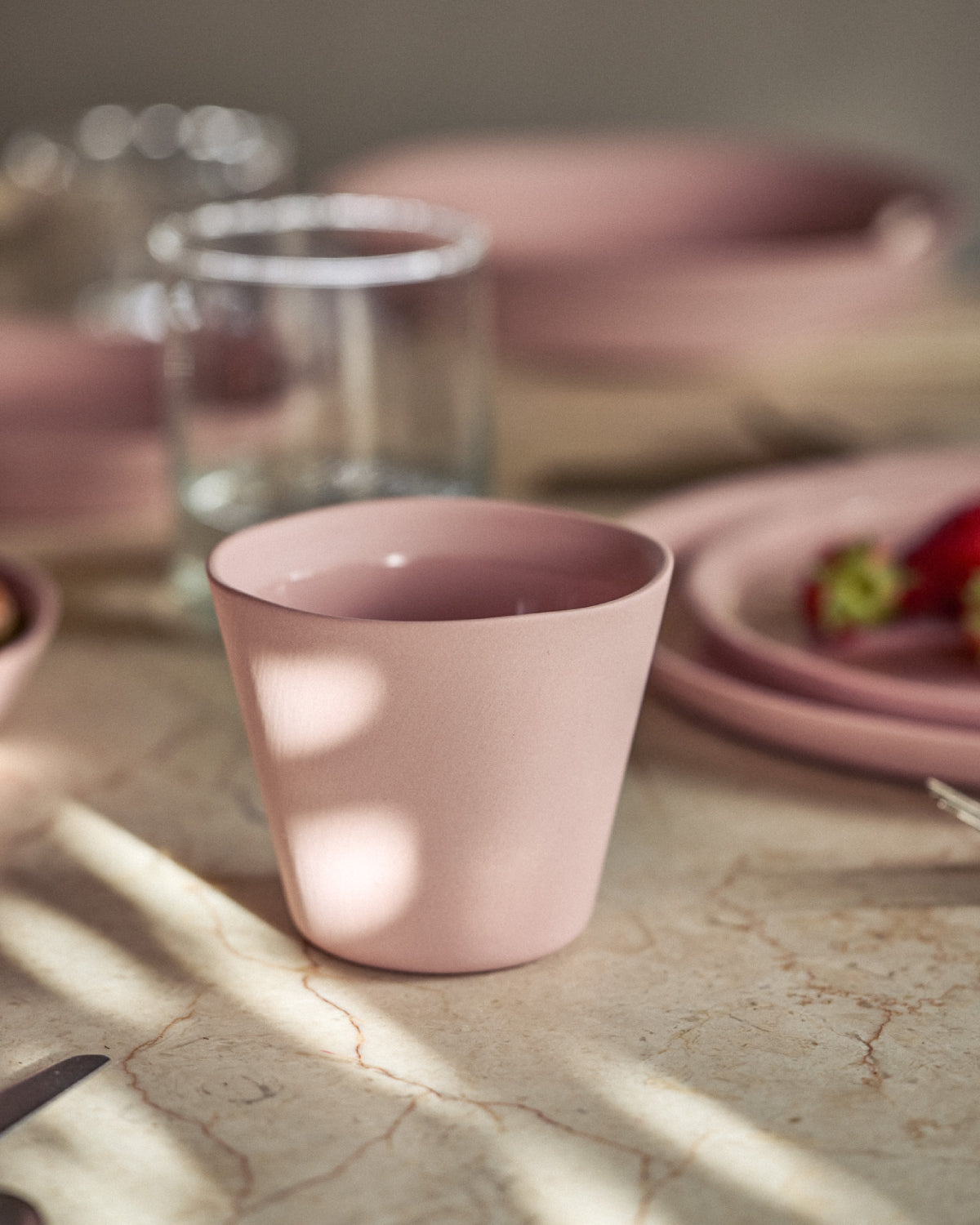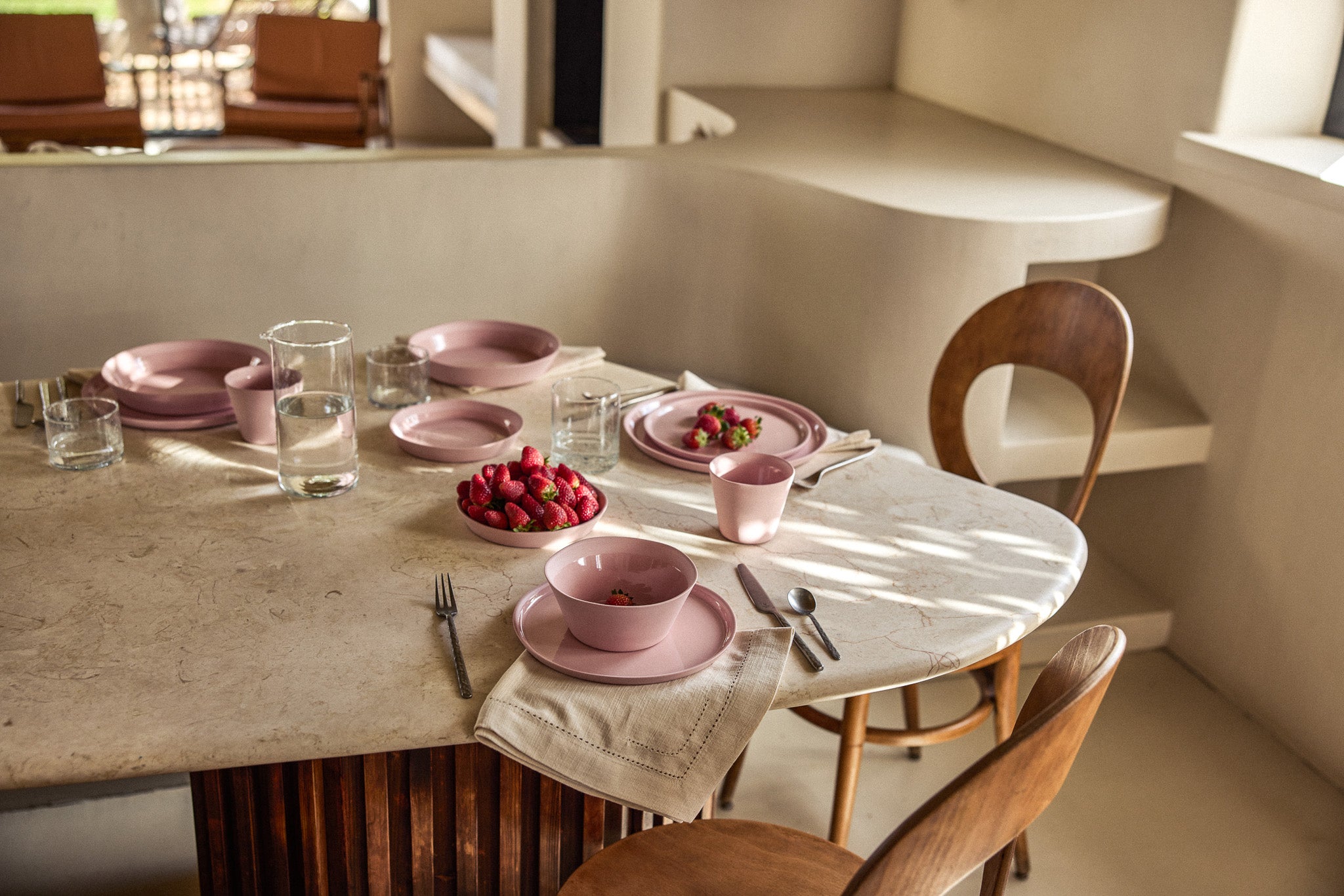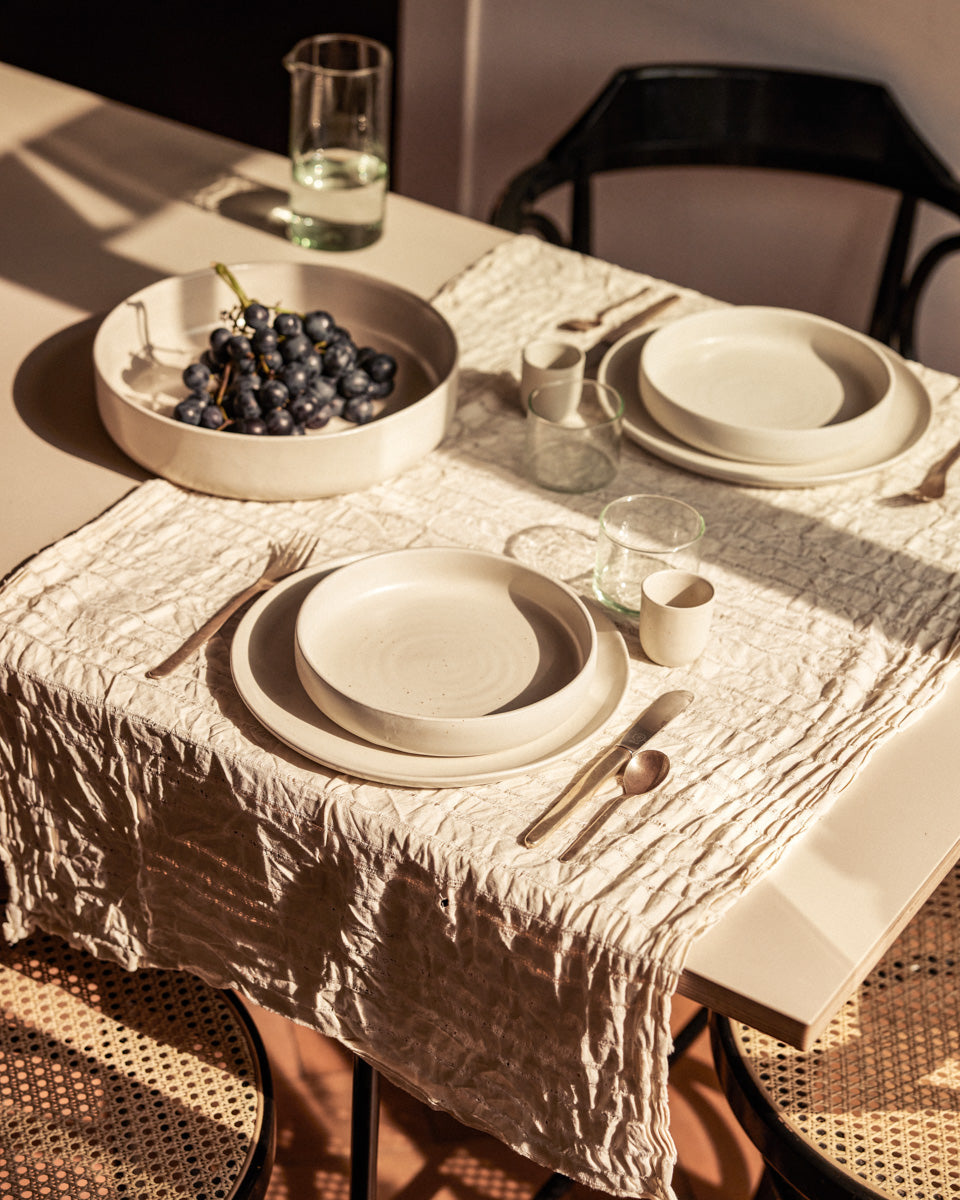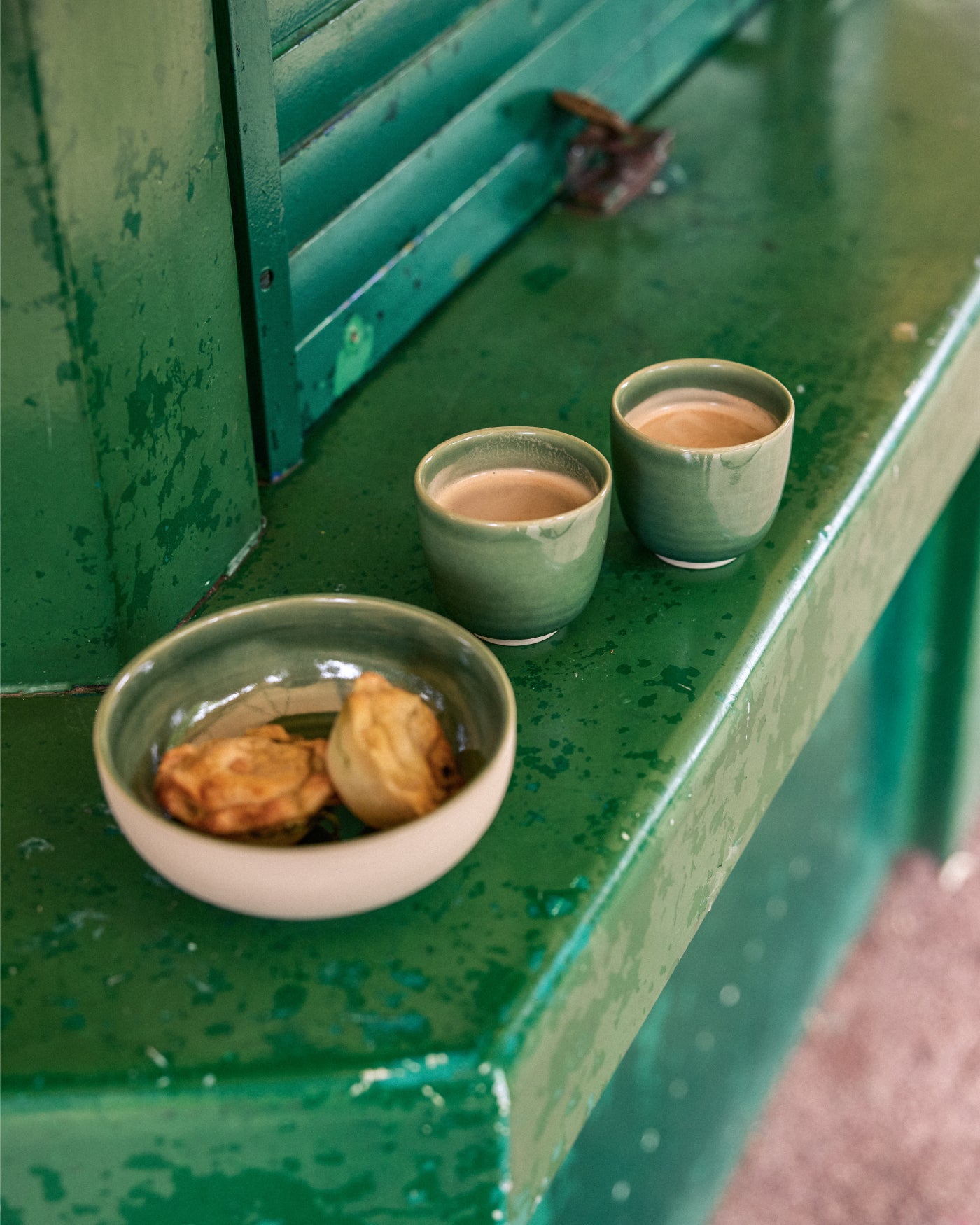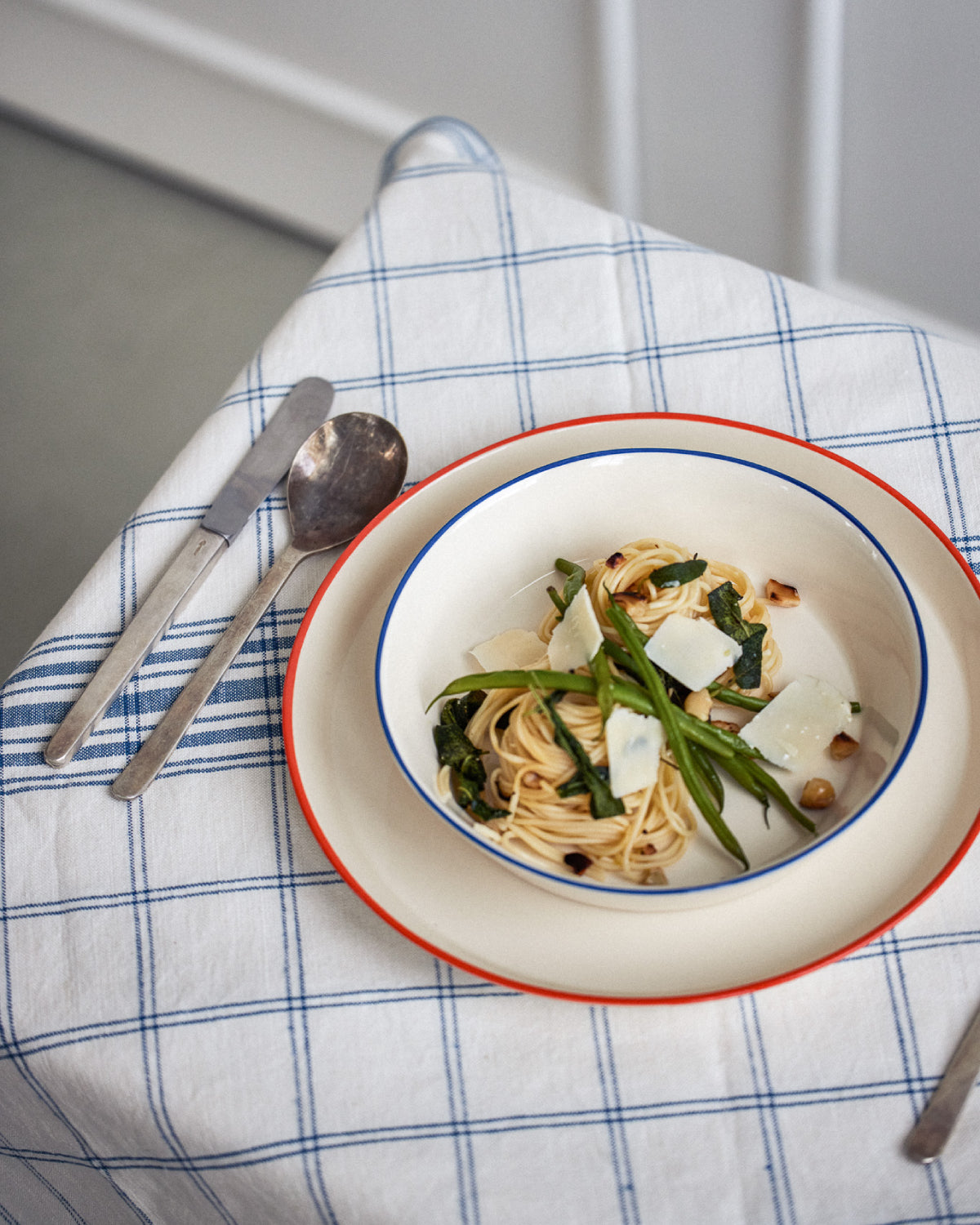Filters
Questions & Answers
Our products are created in close collaboration with small manufacturers in Portugal. If you would like to learn more about our producers, you can find more information here.
We do our best to process your order within 2 working days. Once your order has been handed over to our shipping partner DHL, it usually takes another 1-3 working days for your order to arrive within Germany. Shipping abroad may take a little longer.
Within the first 14 days, you have the option to return your products to us in accordance with the statutory right of withdrawal.
Please note the conditions for returns. You can find more information here.
We offer payment via PayPal, credit card, SOFORT transfer and invoice via external service providers. All our payment service providers work to the highest security standards to protect your and our data and to enable a smooth and worry-free payment process.
You can find more detailed information about the individual payment methods and payment service providers in our Terms and Conditions.



